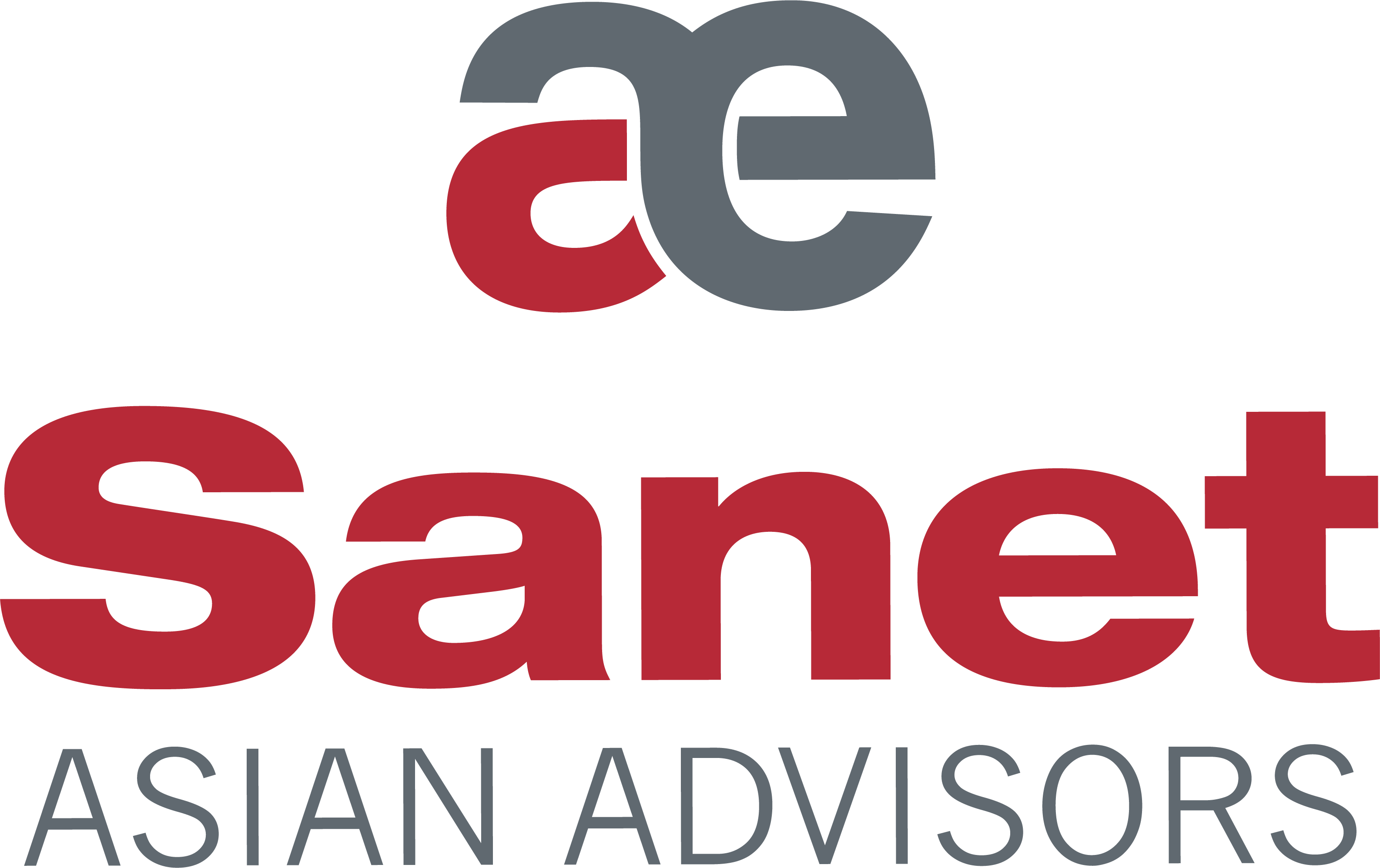Myanmar opens Housing Market to Foreigners
Good news about housing prices, as well
The lawmakers in Myanmar have recently decided to make it permissible for 40% of the apartments in an apartment building to be owned by foreigners. This figure is based on the laws already in place in Thailand prohibiting foreigners from owning land, while still permitting partial ownership, i.e. condominiums within a building, provided the number of foreigners living there does not exceed a certain percentage.
Prior to this decision, there was a surplus of luxury apartments due to investors having set their sights exclusively on the high-end sector, building almost 7,000 luxury apartments within a two-year period. The government has recently halted the construction of 200 high rises housing pricy suites. Now, pressure to create more affordable living spaces is growing, and the lack of housing provisions for the middle- and low-class populations is a matter that needs to be tackled head on.
The still troubling surplus of luxury apartments, the sinking of prices accompanying this surplus, and the changes in laws for foreigners provide together a good opportunity for foreigners to purchase an apartment.
But beware: those in the market should keep in mind that at least 70% of the apartments are, with certainty, either already owned or already being rented. No one wants to end up being the owner of an apartment located that is part of an abandoned building project with no neighbors, no electricity and no property management.

Lukas Brandau studied Southeast Asian Studies at the University of Bonn and the National University of Singapore. He has spent time working in the German parliament and with the German Asia-Pacific Business Association in Hamburg. He has been the chief executive of econAN international GmbH as well as a partner of the Sanet Network since 2011.
econAN is mainly active from their offices in Myanmar and Laos. As a service provider for the emergent national economies, econAN provides support in gaining market access and opening distribution channels as well as providing investment and development advice. Their customer spectrum includes numerous companies in the private sector as well as institutes of foreign trade.
Myanmar offers Potential for Consumer Goods
An ever-increasing number of luxury goods in shopping malls and specialty stores
More and more luxury brands are finding their way onto the market of Myanmar. The high economic growth and the concentration of the new affluence among the new rich profiting from the changing economy have resulted in 150,000 new car registrations within the motor vehicle sector, which include high-end western brands like BMW, Mercedes, and Chevrolet.
As for the consumer goods sector, international brands such as Nike and Adidas have set up their own flagship stores in Myanmar Plaza, a newly built, state-of-the-art shopping center. There is also an increasing number of well-equipped specialty stores offering a very wide range of western luxury brands.
Private consumption saw a total increase of 15 percent in the previous year, a number twice as high as the country’s overall economic growth. The average consumer in Myanmar invests around 45 percent of their income into consumer goods.
At present, Sanet’s advice to producers of consumer goods to “exercise restraint” is slowly changing to “at the very least, monitor the market with interest”. It seems that the window in which early market entry will prove worthwhile will be arriving in the not-so-distant future.
Philippines aiming for Top Spot in ASEAN
Tax cuts and a market open to foreign investments
Until the 1980s, the Philippines was seen in the way that the world would later come to see Japan – as a country clearly cut out to compete with, if not dominate, the western economic nations. The economic decline in the country was brought on by excessive corruption and the tight grip held over the economy by the ruling families, which then led to investors retracting their investments.
The new government plans to have things turned around by 2022, with their goal being for the country to rank among the top three economic nations in Southeast Asia. Additionally, the conditions for foreign direct investment are to become significantly more attractive. They also have indicated that the list of “negative” industries into which foreigners are forbidden from venturing will be reduced as well, particularly the media, retail sales, security, mining and aquaculture sectors.
Furthermore, there is word of plans for bureaucratic barriers to be lifted and corporate taxes to be reduced. For these reasons, the UN expects the Philippines to be listed among the top 15 investment destinations for foreign investors within the next three years.
